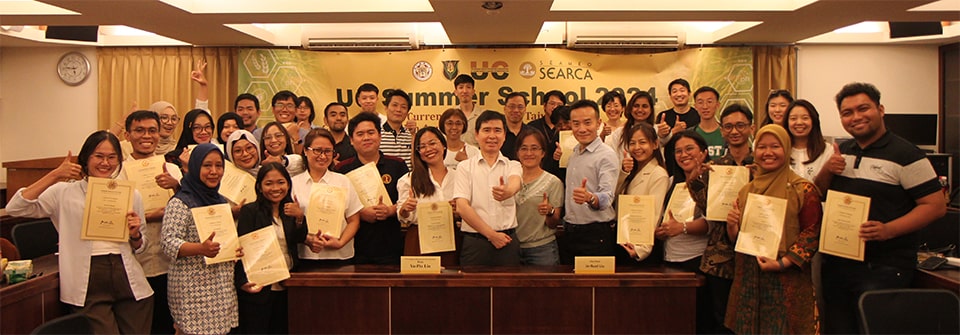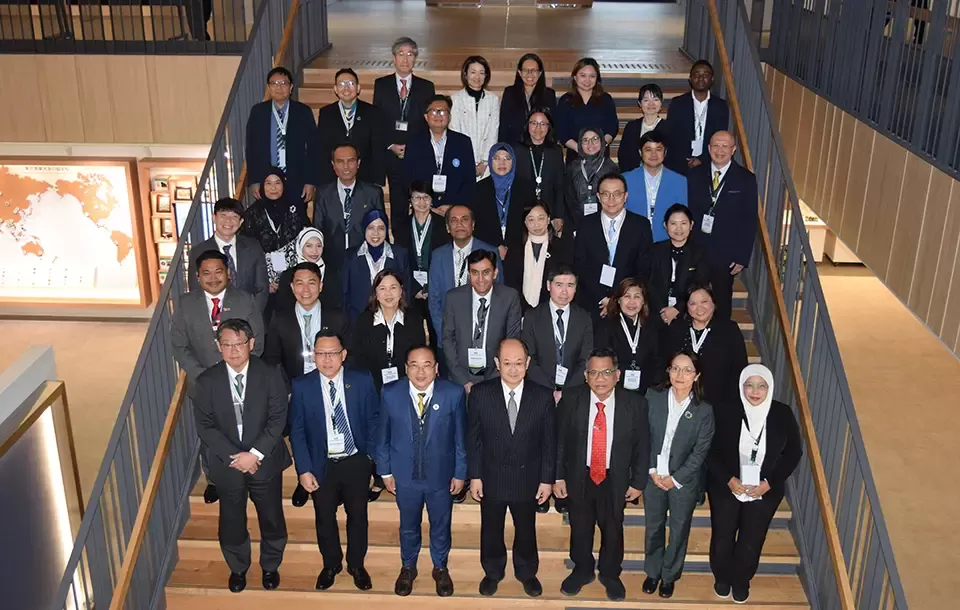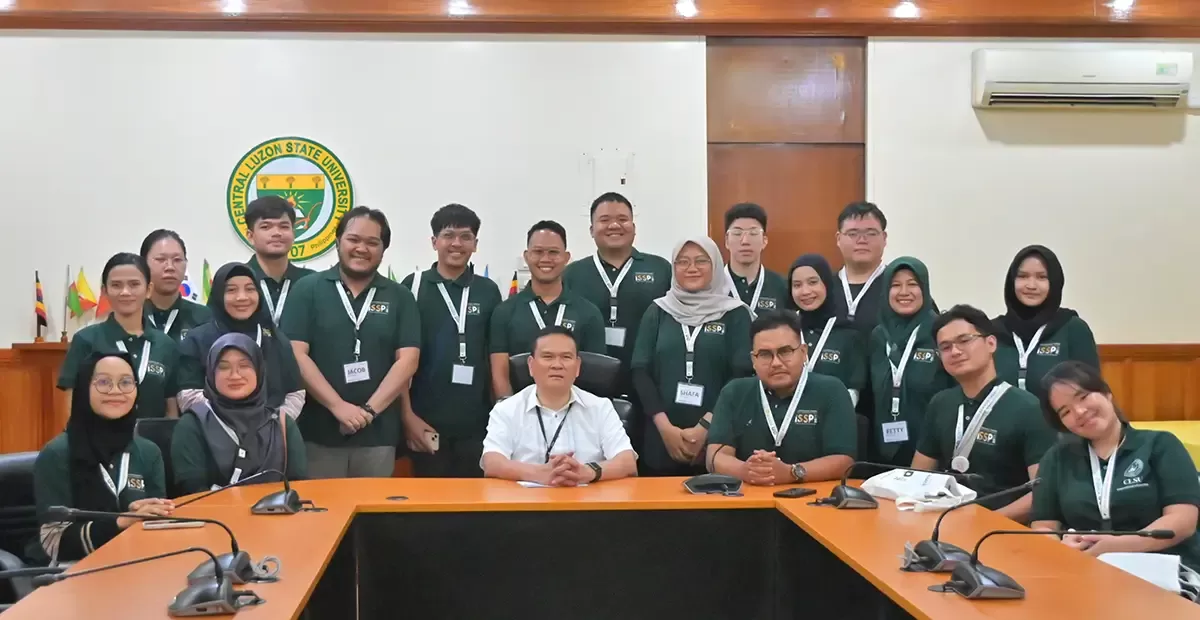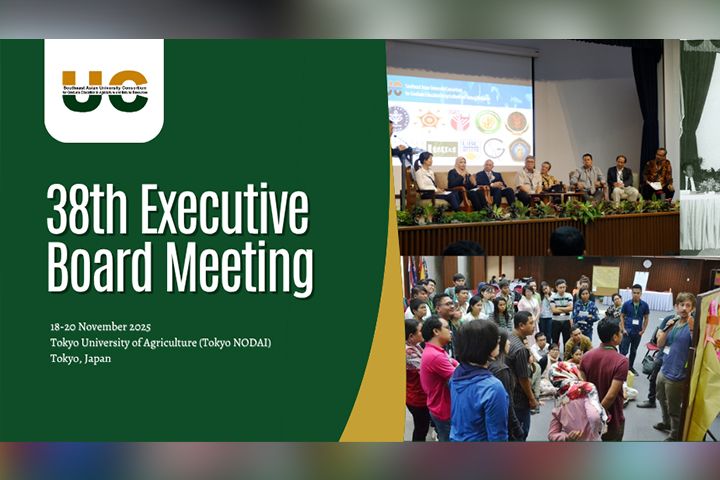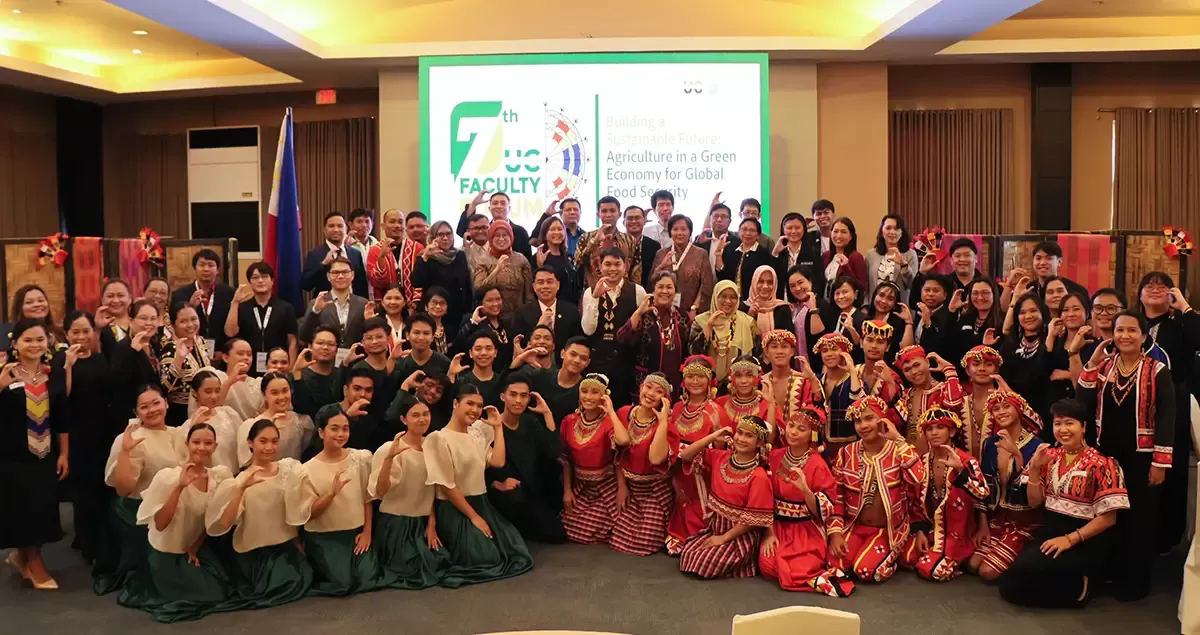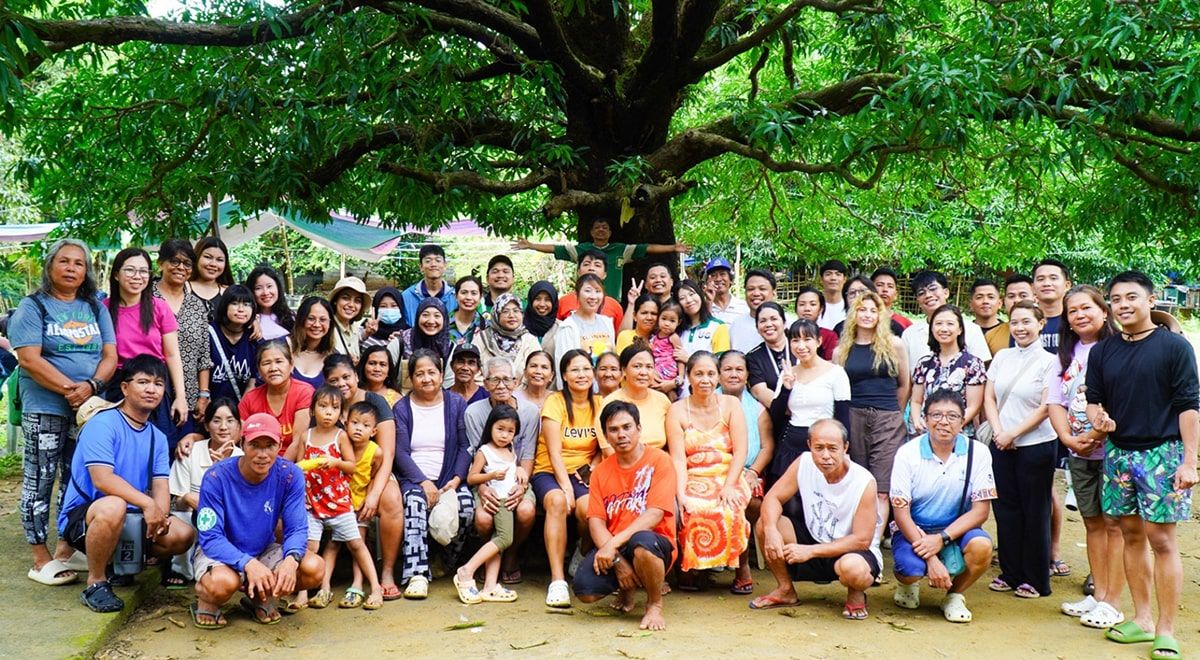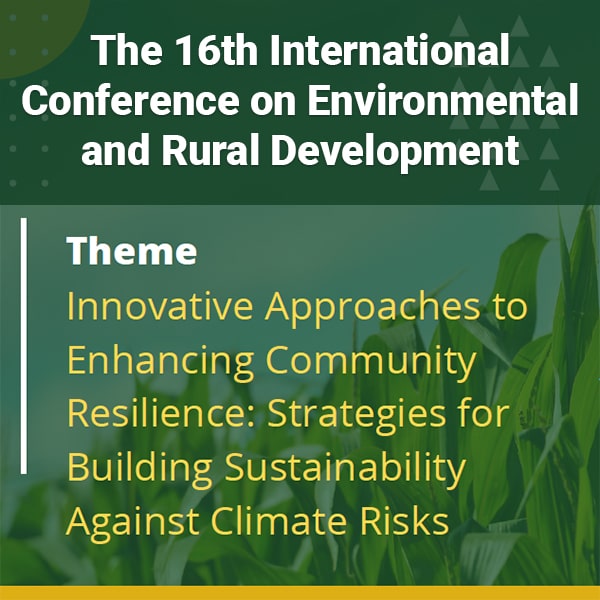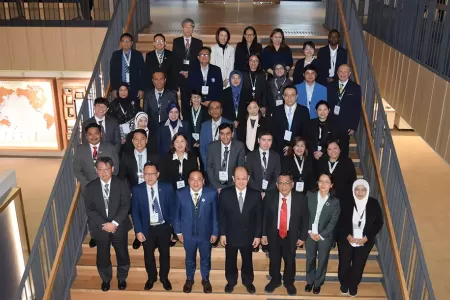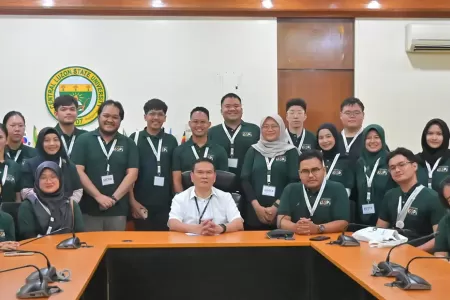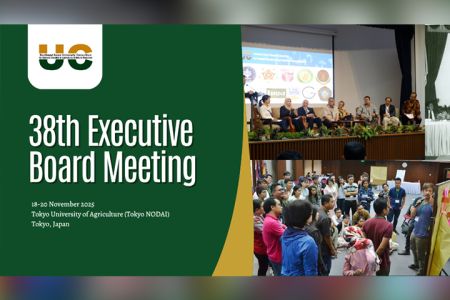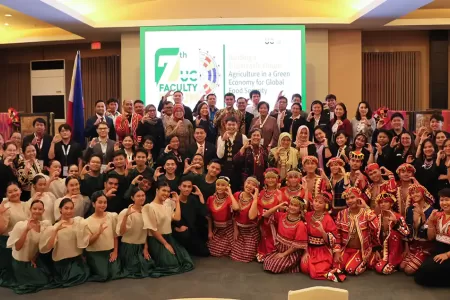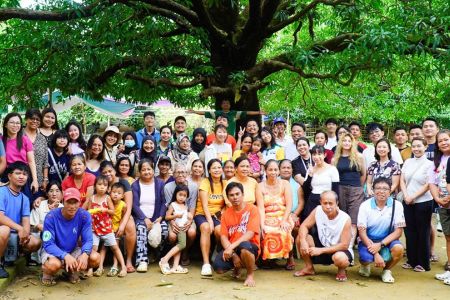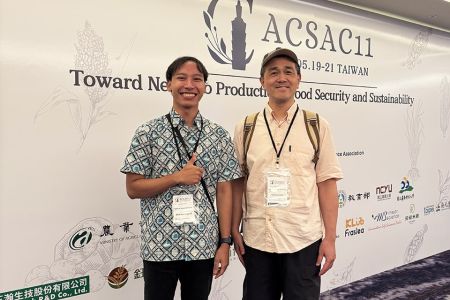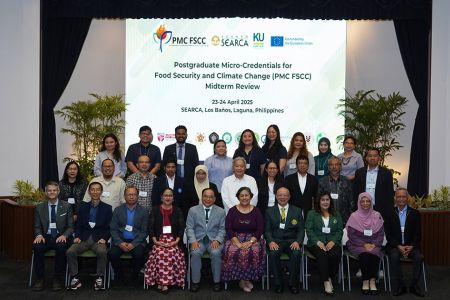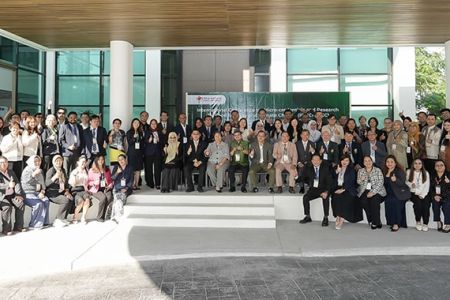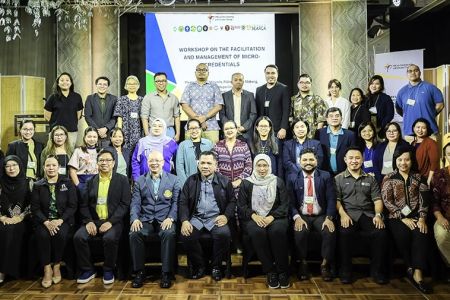NTU leads the 8th UC Summer School with hands-on training on data and image analysis programs
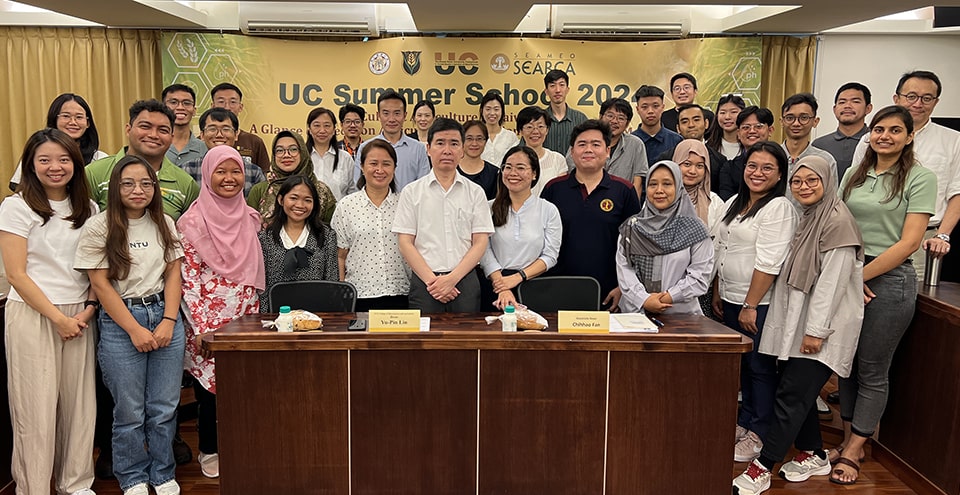
The College of Bioresources and Agriculture at National Taiwan University successfully hosted the 8th UC Summer School on 6–17 August 2024. This event, co-organized with the Southeast Asian University Consortium for Graduate Education in Agriculture and Natural Resources, or the University Consortium (UC), focused on the theme "Current Agriculture in Taiwan with A Glance of Precision Agriculture - Applications of Imagery and Modeling." The learning event brought together participants from various countries and backgrounds, offering them a unique opportunity for in-depth learning and multicultural exchange.
The 12-day program witnessed the participation of 21 students from eight different countries and 11 UC members. The participants hailed from IPB University, Universitas Gadjah Mada, and Universitas Brawijaya from Indonesia; Kasetsart University and Maejo University from Thailand; the University of the Philippines at Los Baños, Central Mindanao University, Visayas State University, and Central Luzon State University from the Philippines; Tokyo NODAI from Japan; and National Taiwan University from Taiwan. The diverse group of participants not only facilitated academic exchanges among the countries but also provided them with a valuable opportunity to gain deeper insights into precision agriculture in Taiwan and conduct hands-on exercises on data and image analysis.
The design of the 8th UC Summer School includes two parts. The first part, held during the first week, aimed for the participants to build rapport with each other and engage in the reception sessions with the faculty members from various departments of the College of Bioresources and Agriculture. The students also visited the NTU Experimental Farm and the Phytotron to better understand the CBA facilities.
In the afternoon, a guided tour of the Taipei old city was arranged, allowing the participants to experience the close relationship between Taiwan's agricultural society, environment, culture, and economy. To enhance the participants' understanding of Taiwan's current agriculture and its challenges, NTU designed eight intensive courses covering various specialized fields, showcasing how Taiwan's agriculture keeps pace with global trends while still continuously innovating. These courses include Introduction to Taiwan's Rural Society, Overview of Crop Production in Taiwan, Soil Biodiversity, River Ecology of Taiwan, Horticulture Industry in Taiwan, Precision Livestock Farming, The Battle between Plants and Insect Herbivores in A Changing World, and Eco-Friendly Agriculture in Taiwan and Satoyama Initiative.
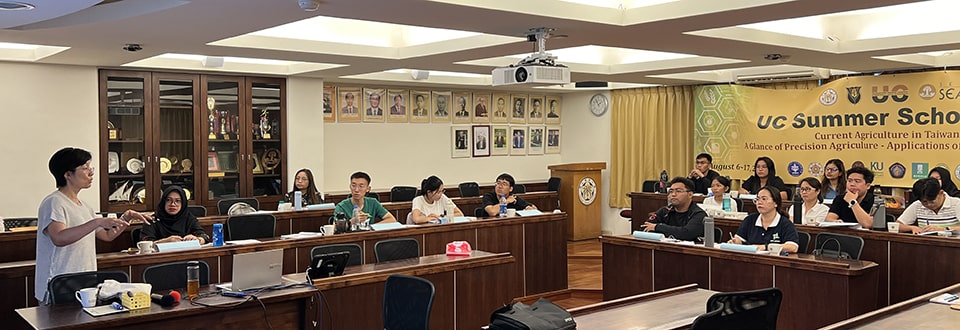
During the following two-day field trips, participants toured the National Palace Museum, where they could admire the world-class national treasure, the Jadeite Cabbage. They also visited the Gold Museum in Jinguashi, where they learned about Taiwan's early mining history -the gold rush and the Yin-Yang Sea.
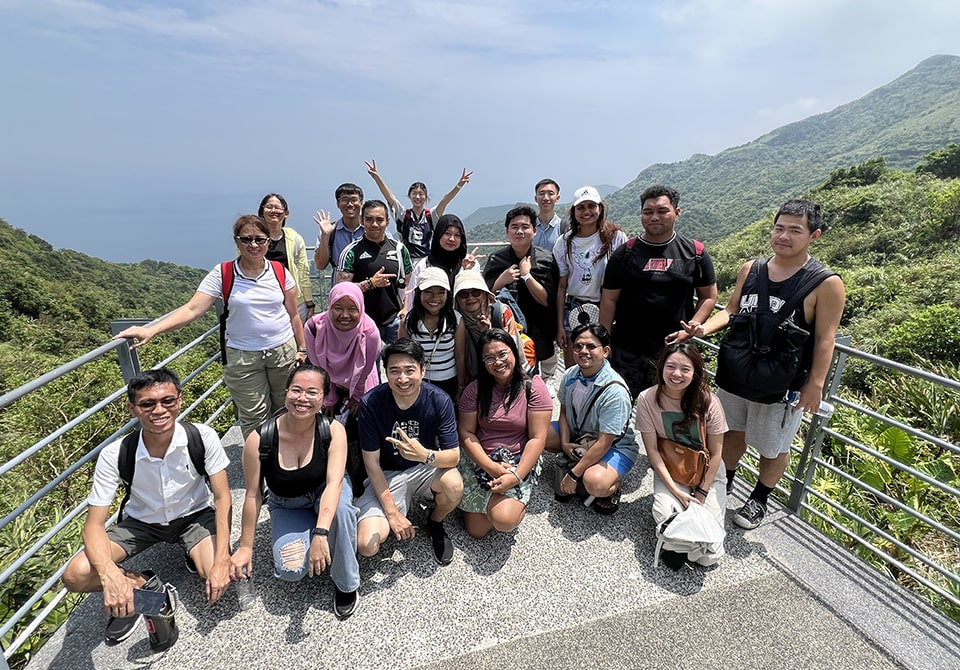
As the program transitioned into the second part during the second week, students were grouped according to their specialties and universities. This arrangement aimed to foster interaction and inspire creativity, hoping to produce exceptional research outcomes in their final presentations. In this part, participants engaged in a three-day practical workshop. They began with introductory concepts in phenology and crop modeling, then moved on to detailed analysis of root system architecture phenomics, and finally explored the application of UAV (unmanned aerial vehicle) image analysis and image segmentation technologies in current Taiwan precision agriculture. These activities not only provided students with hands-on opportunities to use the software but also expanded their professional knowledge and perspectives. It provided a deeper understanding of challenges in the agricultural field, enabling them to devise more informed and effective strategies and propose feasible solutions.
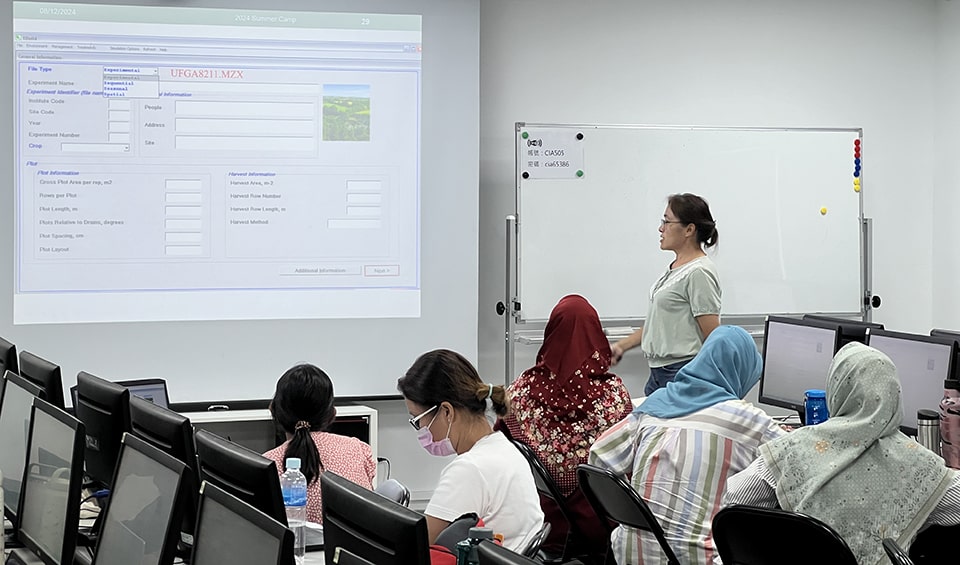
On the final day of the program, the participants delivered their oral presentations on the research outcomes of their two and a half days of project work. Faculty members from the College of Bioresources and Agriculture were invited to attend the closing ceremony, where they witnessed the students' achievements and joined them in a farewell banquet, marking a successful conclusion to the UC Summer School. The UC Summer School was not only a feast of knowledge but also a grand celebration of culture and friendship.
